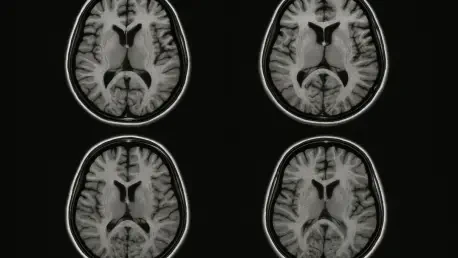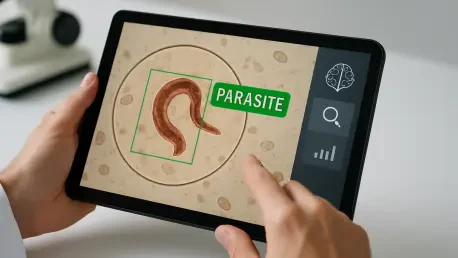
What if a single scan could reveal the hidden intricacies of a brain ravaged by Alzheimer’s with startling precision, in half the time of traditional methods? At the University of Arizona in Tucson, this isn’t a distant dream but a tangible reality. Two cutting-edge MRI systems, enhanced by

Imagine a scenario where a single mother in a rural community, struggling with diabetes, can access a dietitian’s expertise and receive medically tailored meals without ever stepping out of her home. This isn’t a distant dream but a tangible reality being shaped by the virtual foodcare movement, an

I'm thrilled to sit down with Ivan Kairatov, a biopharma expert with a wealth of experience in research and development, and a deep understanding of technological innovation in the industry. Today, we're diving into a groundbreaking advancement in clinical parasitology: an AI tool developed to

The healthcare industry stands at a transformative juncture where artificial intelligence is redefining the boundaries of medical diagnostics, offering new hope for early detection and intervention. With chronic diseases often going undetected until symptoms become severe, the ability to predict

The realm of life sciences stands at a pivotal crossroads, grappling with an overwhelming deluge of biological data—petabytes of information that could unlock the secrets of human health but often remain untapped due to processing limitations. This challenge has spurred an innovative collaboration

As modern life pulls us further from our natural rhythms, the consequences for our health are becoming clearer. I'm thrilled to sit down with Ivan Kairatov, a renowned biopharma expert with extensive experience in research and development, particularly in the intersection of technology and health